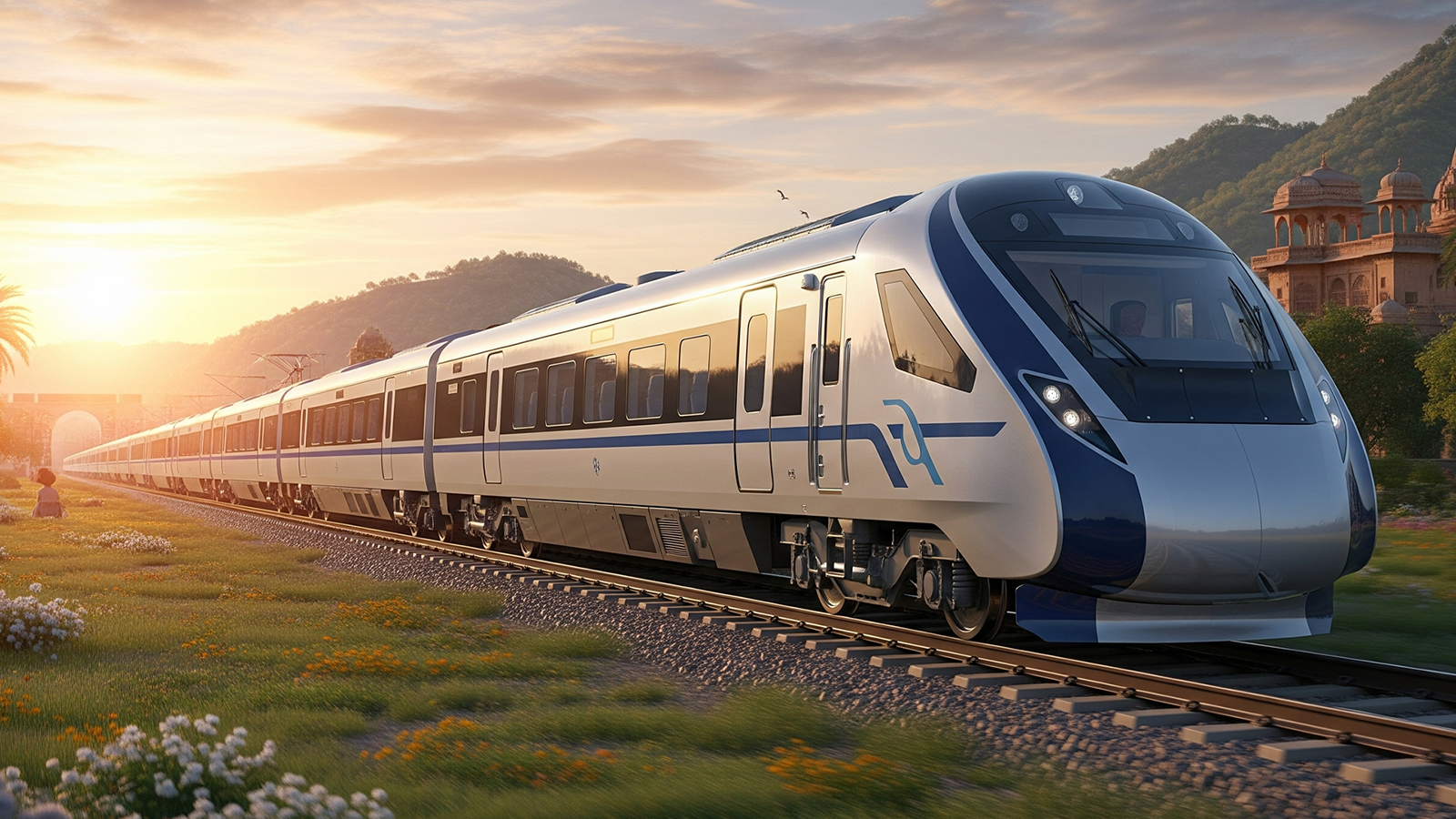BHEL to Build Hydrogen-Powered Trains in Landmark Deal with Singapore’s Horizon Tech
The 10-year deal targets clean hydrogen trains for India, as BHEL also expands into fertilizers and wins new orders

In a major step toward clean mobility, Bharat Heavy Electricals Ltd (BHEL) has entered a 10-year exclusive partnership with Singapore-based Horizon Fuel Cell Technologies to co-develop hydrogen-powered trains for India’s railways.
The deal is part of BHEL’s broader push into green transportation technologies, aligning with the Indian government’s hydrogen mission and the Railways’ goal of achieving net-zero carbon emissions by 2030.
Unlike traditional diesel or even electric trains, hydrogen locomotives run on fuel cells that convert hydrogen into electricity, emitting only water vapor. The collaboration will focus on jointly developing and manufacturing this next-generation rolling stock for the Indian market.
“Hydrogen fuel cell trains are not just about clean energy, they’re about reimagining the future of mobility,” a senior BHEL official noted.
Following the announcement, BHEL shares rose by 1.8% to an intraday high of ₹216.30 on the BSE, reflecting investor optimism around the company’s future in clean energy technologies.
However, despite the short-term boost, analysts flagged technical concerns. The stock continues to trade below all key moving averages, while RSI (Relative Strength Index) at 37.3 and MACD at –7.3 suggest bearish momentum remains.
BHEL also revealed a strategic tie-up with Nuovo Pignone International, a Baker Hughes company, to address compressor revamp opportunities in India’s fertilizer sector. This move is expected to improve BHEL’s presence in the Renovation and Modernisation (R&M) business for industrial machinery, an area with growing demand due to aging infrastructure.
On another front, BHEL recently accepted a Letter of Intent (LoI) worth approximately ₹2,600 crore from MB Power (Madhya Pradesh) Ltd. The order covers engineering and supply of boiler, turbine, generator, and auxiliaries for a 1×800 MW thermal power project in Anuppur, with a 58-month execution timeline. Components will be manufactured at BHEL’s Trichy and Haridwar plants.
While these deals signal strategic growth, BHEL’s recent financials underline the challenges it faces. In the June quarter, the company reported a net loss of ₹445.50 crore, widening from ₹211.40 crore a year ago, despite relatively flat revenues at ₹5,486.91 crore.
Still, industry observers see BHEL’s hydrogen train venture as a long-term play, tapping into both domestic policy momentum and global demand for clean mobility solutions.